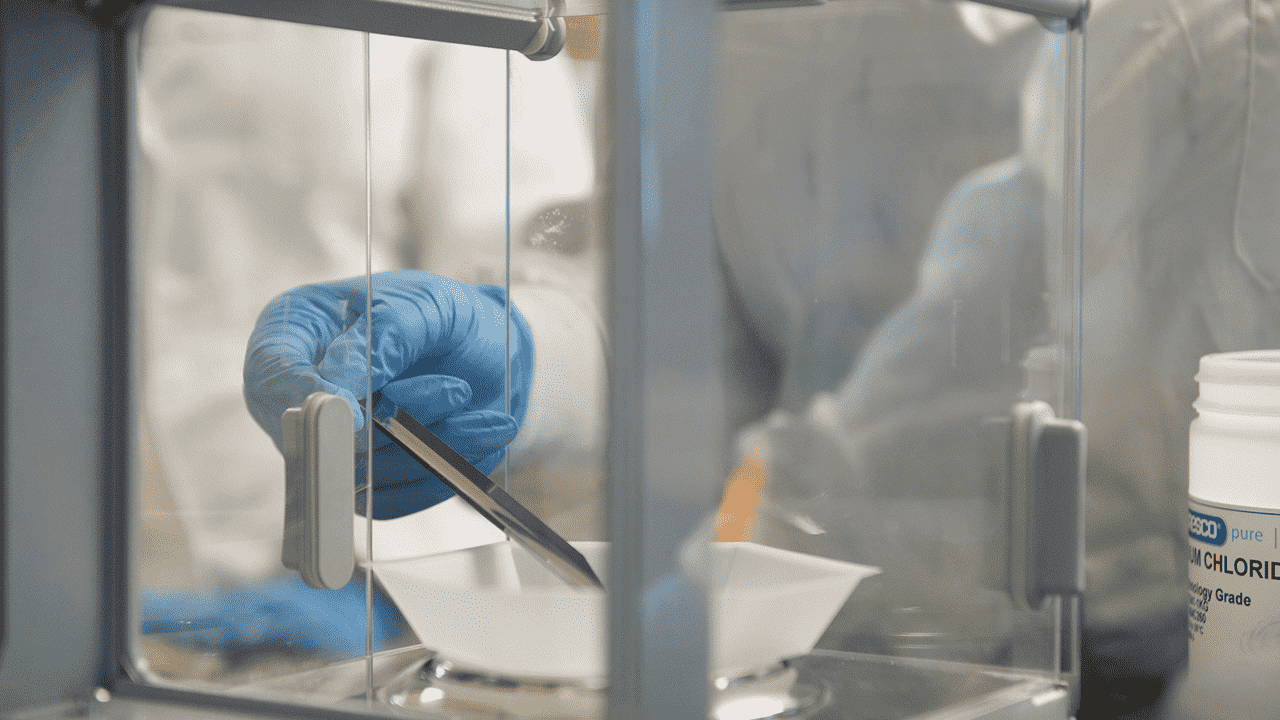content body

Recipients of Auburn University’s internal research and creative works funding awards programs have been named for 2025.
The Research Support Program (RSP) and the Creative Work and Social Impact Scholarship Funding Program (CWSIS) were established by the Office of the Senior Vice President for Research and Economic Development. Both programs provide a competitive internal funding source to support faculty and provide an opportunity for them to experience a small-scale, yet high-quality funding program and refine their projects before competing for larger, external awards.
The RSP is intended to foster the development and growth of innovative and transformational research activities. It is a strategically focused Auburn investment promoting promising and impactful new lines of research as well as the growth of collaborative and interdisciplinary teams to build the foundations of science, to overcome scientific and societal challenges and to promote and enhance the quality of life and well-being of individuals, groups and communities.
The CWSIS funding program fosters innovation and discovery and builds faculty reputation and competitiveness. Disciplines associated with CWSIS include design and the arts, humanities and applicable areas within business, education, social sciences and health and well-being. The goals of creative work and scholarship are ultimately tied to making significant contributions to a meaningful and dignified quality of life.
"The Creative Work and Social Impact Scholarship Funding Program and Research Support Program offer applicants from all disciplines the opportunity to compete for funding," said Christine Cline, director of Proposal Services and Faculty Support, the unit responsible for administering the awards. "These projects cover a wide range of research efforts, including creative ventures and STEM-related studies. We appreciate the chance to support participants throughout the process, from the application stage to the successful completion of their projects."
Creative Work and Social Impact Scholarship Funding Program
Junshan Liu, College of Architecture, Design and Construction, “Digital Documentation and Storytelling of the Neutral Buoyancy Simulator: A Space Race-Era Historic Landmark at NASA’s Marshall Space Flight Center, Huntsville, Alabama”
Co-Investigators: Mark Tatum and Richard Burt, College of Architecture, Design and Construction
Research Support Program
Elizabeth Covington, Harrison College of Pharmacy, “Pharmacist-led Transitions of Care Intervention to Address Infectious Disease Tests Pending at Discharge (TPAD)”
Co-Investigators: Matthew Loop, Harrison College of Pharmacy; Sarah Grace Gunter and Leborah Lee, East Alabama Medical Center
Wellison Diniz, College of Agriculture, “Epigenetic Mechanisms of Paternal Effects on Offspring Spermatic Programming”
Co-Investigators: Priyanka Banerjee, College of Agriculture; Carl Dahlen, North Dakota State University
Emily Graff, College of Veterinary Medicine, “Phosphoprotein Enriched in Astrocytes 15kDa in Peripheral and Brain Metabolism”
Huan He, College of Sciences and Mathematics, “Bridge: Bias-Reducing Inference Using Deep Generative Evidence”
Janet Jock, College of Liberal Arts, “Elements of Participatory Development Driving Program Success”
Co-Investigators: Kelly Krawczyk, College of Liberal Arts; Peter Weber, College of Human Sciences
Wen Luo, Samuel Ginn College of Engineering, “5X Additive-Manufacturing and In-situ Monitoring of Fiber-Metal Laminates with Enhanced Thermal & Electrical Conductivity”
Co-Investigator: Zihe Gao, Samuel Ginn College of Engineering
Jia Wu, College of Human Sciences, “Healthcare Apparel Innovation Functional Textile-based Sensor System Development Using Writable Bioink Technology”
Co-Investigators: Pengyu Chen, Samuel Ginn College of Engineering; Young-A Lee, College of Human Sciences
Submitted by: culluja@auburn.edu




